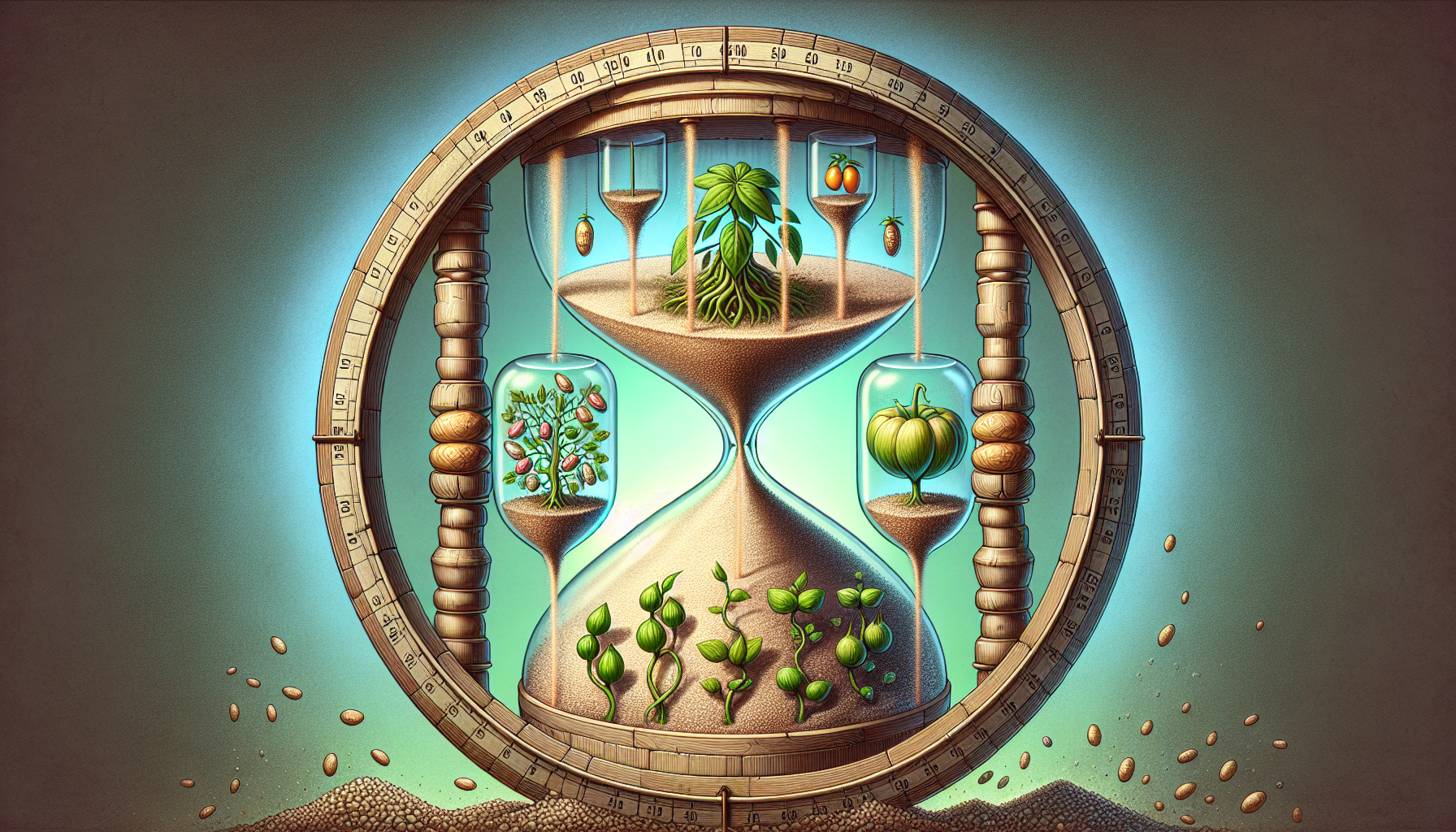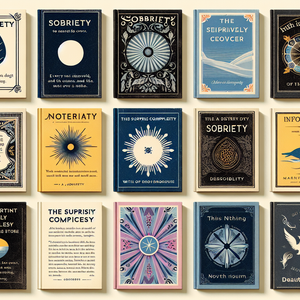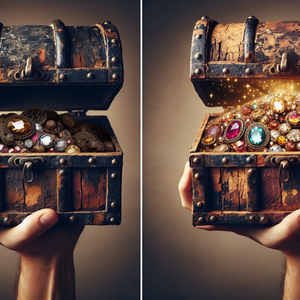The Rise of the Experience Engineer: Redefining Bartending in the Age of Technology

Traditionally, bartenders have been seen as service providers, responsible for crafting drinks, managing orders, and maintaining the rhythm of the bar. However, the advent of automation challenges this traditional view. Machines can now pour drinks with perfect accuracy, customize cocktails at the push of a button, and remember customer preferences with unerring precision. In essence, the functional aspects of bartending have been commoditized. So, where does that leave the human bartender? The answer lies in redefining their role. Instead of competing with machines on efficiency, bartenders can focus on what makes them uniquely human: their ability to connect with people, read social cues, and create an environment that fosters joy and togetherness. The experience engineer takes on the mantle of not just serving drinks but curating moments. From engaging customers with personalized interactions to crafting sensory experiences that combine storytelling, ambiance, and flavor, these bartenders become the architects of memorable nights out.
The Art and Science of Personalization
Personalization is the cornerstone of the experience engineer's approach. While machines can assist in gathering and analyzing data—such as remembering a customer's past orders or tracking trends in real time—true personalization requires the human touch. It’s about empathy, intuition, and the ability to adapt to the nuances of each individual interaction. Consider a scenario where a customer enters a bar after a particularly stressful day. A robotic bartender might prepare a pre-programmed 'relaxation cocktail,' but an experience engineer would go a step further. They’d notice the customer’s body language, engage them in conversation, and craft a drink designed to uplift their spirits. Perhaps they’d use calming ingredients like lavender or chamomile, serve it with a smile, and share a comforting story or anecdote. This ability to adapt in the moment and provide emotional support is something no machine can replicate. This approach aligns with the growing trend of experiential dining and hospitality, where customers seek not just products but personalized, meaningful interactions. By combining technology’s ability to streamline routine tasks with the bartender’s ability to connect on a human level, the experience engineer elevates the bar experience to new heights.
The Role of Storytelling in Bartending
Storytelling has always been a powerful tool for human connection, and in the context of bartending, it transforms drinks into experiences. The experience engineer uses storytelling to add depth and narrative to each interaction, creating a sense of wonder and intrigue. For instance, when a customer orders a classic cocktail like an Old Fashioned, the bartender might share the drink’s origins, describing how it became a staple of American mixology in the 19th century. Alternatively, they might weave a narrative inspired by the drink, such as imagining it as a symbol of timeless elegance or pairing it with the history of the distillery that produced the whiskey. By engaging the customer’s imagination, the bartender turns an ordinary drink into a memorable moment. Moreover, storytelling allows bartenders to showcase their creativity. They might invent their own signature cocktails, complete with unique backstories, or use cultural references to connect with customers on a deeper level. Whether recounting historical tales, personal anecdotes, or entirely fictional narratives, the experience engineer uses stories to spark conversations and bring people together.
The Bartender as a Social Facilitator
Beyond crafting drinks and telling stories, bartenders have long played an important psychological role in society. They are confidants, mediators, and even amateur therapists, creating spaces where people feel seen, heard, and valued. This aspect of bartending becomes even more critical in today’s world, where loneliness and social isolation are on the rise. An experience engineer understands the importance of fostering connection, not just between bartender and customer but also among customers themselves. They are skilled observers, adept at reading the room and facilitating interactions. Whether it’s introducing two strangers with shared interests or sparking a group conversation with a clever icebreaker, the experience engineer transforms the bar into a hub of social connection. Unlike machines, which can only execute programmed tasks, human bartenders possess the emotional intelligence needed to navigate complex social dynamics. This ability to create a welcoming, inclusive atmosphere is perhaps the most irreplaceable aspect of the experience engineer’s role.
Blending Technology and Humanity
While the experience engineer emphasizes human skills, they also recognize the value of technology as a tool for enhancing creativity and efficiency. For example, augmented reality (AR) could be used to create interactive drink menus that allow customers to visualize cocktails before ordering. AI-powered analytics could help bartenders predict trends or refine their offerings based on customer preferences. Wearable tech could even assist bartenders in tracking orders or managing inventory seamlessly. The key is to strike a balance where technology supports, rather than replaces, the human element. By using innovation to streamline routine tasks, bartenders can focus their energy on what truly matters: creating meaningful experiences.
As automation and AI continue to reshape industries, the bartending profession faces a pivotal moment. For those willing to adapt, the rise of the experience engineer offers a path forward—one that celebrates the uniquely human qualities of creativity, empathy, and connection. In a world where technology excels at replicating tasks, it is the magic of shared moments and authentic interactions that will define the bars of the future. The experience engineer is not just a bartender but a storyteller, a social facilitator, and a curator of memories. Through their craft, they remind us that while machines may enhance our lives, they cannot replace the irreplaceable artistry of human connection. As we look ahead, one thing is clear: the best bars will continue to thrive not by serving drinks alone but by serving experiences, with the experience engineer at their heart.
Experience Designer (Hospitality & Entertainment)
Event planning firms, luxury hotel brands (e.g., Ritz-Carlton, Four Seasons), and experiential concept venues (e.g., Meow Wolf, Punch Bowl Social)
Responsibilities
Craft immersive guest experiences by designing customer journeys that blend ambiance, storytelling, and sensory elements.
Collaborate with teams to create unique themes for events, spaces, or services.
Skills Needed
Expertise in experience mapping, storytelling, and customer engagement.
Familiarity with design thinking and tools like mood boards or AR/VR for prototyping.
Beverage Innovation Specialist
High-end bars, beverage companies (e.g., Diageo, Pernod Ricard), and innovative food/beverage startups
Responsibilities
Develop cutting-edge beverage concepts using a mix of traditional techniques and modern tools like molecular gastronomy or AI-driven flavor analysis.
Collaborate with marketing teams to launch trendsetting products.
Skills Needed
Strong knowledge of mixology and flavor science, with an ability to adapt to market trends.
Familiarity with beverage technology tools and sensory evaluation methods.
Hospitality Technology Consultant
Consulting firms (e.g., Deloitte, Accenture), tech startups focusing on hospitality, and large restaurant or bar chains looking to modernize
Responsibilities
Guide businesses in integrating automation, AI, and augmented reality solutions within their hospitality operations.
Identify gaps in customer experience and propose tech-driven solutions.
Skills Needed
In-depth knowledge of hospitality trends and emerging technologies (e.g., AI-powered kiosks, AR-enhanced menus).
Strong communication and project management skills.
Culinary Storyteller & Educator
Culinary schools, experiential dining venues, or brands offering premium experiences (e.g., MasterClass, Tales of the Cocktail Foundation)
Responsibilities
Teach the history, culture, and techniques behind cocktails and beverages while engaging audiences through workshops, masterclasses, or online content.
Develop stories to add depth to food/beverage experiences.
Skills Needed
Strong public speaking and storytelling abilities, combined with deep subject-matter expertise in culinary arts or beverage history.
Experience in creating educational content is a plus.
Social Experience Facilitator (Event & Hospitality Coordinator)
Event agencies, coworking spaces (e.g., WeWork), or boutique venues that prioritize community-driven experiences
Responsibilities
Plan and execute social events or gatherings that encourage meaningful interactions among attendees.
Create innovative concepts focusing on connection, such as themed evenings or interactive activities.
Skills Needed
Exceptional interpersonal skills, creativity in event planning, and the ability to assess social dynamics.
Experience in managing logistics and working with diverse audiences.


